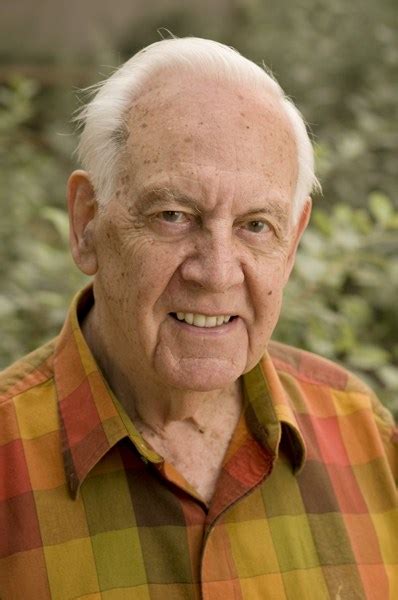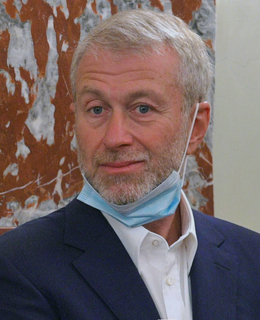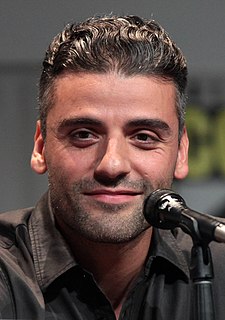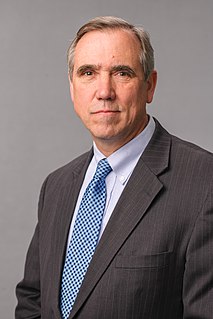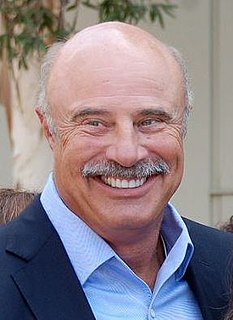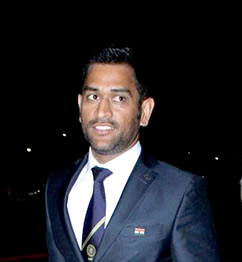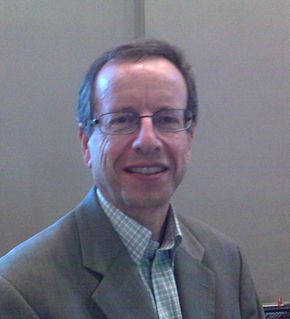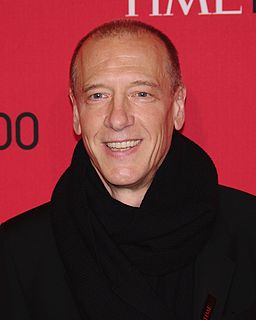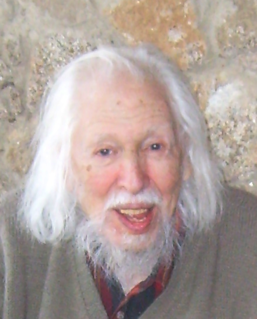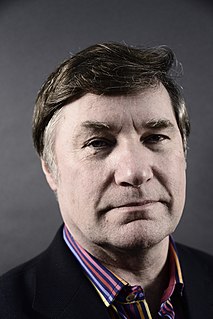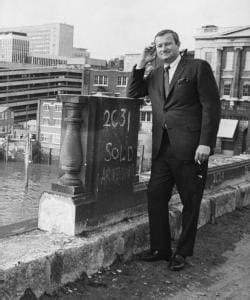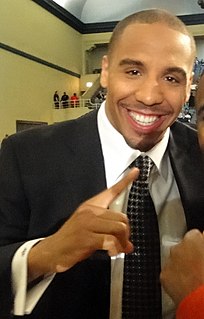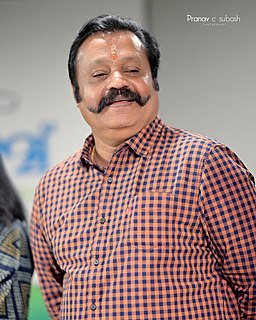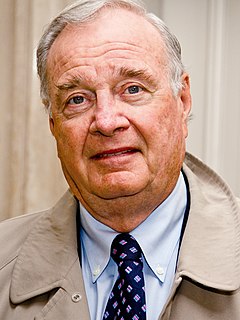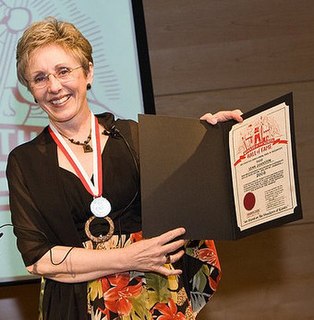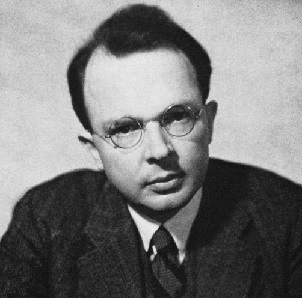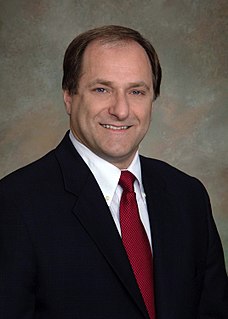Top 729 Statements Quotes & Sayings
Explore popular Statements quotes.
Last updated on April 15, 2025.
I would never want to pass a law limiting freedom of speech, but that doesn't mean we have to condone statements that undermine basic national unity and respect. Imagine being asked to defend a country where some citizens say the man in the White House isn't their president. Or a major presidential contender accuses the commander in chief of not even being a U.S. citizen. Those kinds of statements erode trust in our democracy, and it's up to both parties to publicly reject them. We have to restore confidence that we are a nation that loves and believes in itself.
In their public statements (but not necessarily in their private statements), scientists express a generally negative attitude towards the UFO problem, and it is interesting to try to understand this attitude. Most scientists have never had the occasion to confront evidence concerning the UFO phenomenon.
I've noticed that there can be a visceral reaction to strong statements about poetry, as if anyone who has an opinion and expresses it is shutting people down. It's funny to see that expressed, and then to go back and read poetic statements by the great poets of the past: they are full of a passionate conviction! It is clearly possible to express strong feelings about poetry while also defending the absolute right of myriad approaches.
There is a certain embarrassment about being a storyteller in these times when stories are considered not quite as satisfying as statements and statements not quite as satisfying as statistics; but in the long run, a people is known, not by its statements or its statistics, but by the stories it tells.
All our surest statements about the nature of the world are mathematical statements, yet we do not know what mathematics "is"... and so we find that we have adapted a religion strikingly similar to many traditional faiths. Change "mathematics" to "God" and little else might seem to change. The problem of human contact with some spiritual realm, of timelessness, of our inability to capture all with language and symbol-all have their counterparts in the quest for the nature of Platonic mathematics.
Every account of a higher power that I've seen described, of all religions that I've seen, include many statements with regard to the benevolence of that power. When I look at the universe and all the ways the universe wants to kill us, I find it hard to reconcile that with statements of beneficence.
The indispensability argument seeks to assimilate the epistemology of metaphysical statements to the epistemology of statements that are obviously empirical. I think it fails to achieve this goal. The argument does not refute the Carnapian thesis that scientific theories and metaphysical claims differ epistemologically - observations can provide evidence for the former, but not for the latter.
Our initial sensory data are always "first derivatives," statements about differences which exist among external objects or statements about changes which occur either in them or in our relationship to them. Objects and circumstances which remain absolutely constant relative to the observer, unchanged either by his own movement or by external events, are in general difficult and perhaps always impossible to perceive. What we perceive easily is difference and change and difference is a relationship.
The only ethical principle which has made science possible is that the truth shall be told all the time. If we do not penalize false statements made in error, we open up the way for false statements by intention. And a false statement of fact, made deliberately, is the most serious crime a scientist can commit.
I am a big believer that orderliness begets wealth. A pile of bills and statements - whether paid or not - is a sign that someone is clueless about what's coming in and going out. When you consciously open, read, and file away your bills and statements, you are connecting with your money and taking control of your life.
I'm not trying to make political statements ,but theological statements. How can religion get itself so identified with one political party, exclusionary world views, or with "pelvic morality" as the defining issues of the Gospel? Jesus surely didn't. Jesus said to "preach the gospel to all nations", which means we do not just talk to ourselves.
According to me when former governors join the political mainstream, the whole cause propagated for autonomy of the institutions, itself gets impacted. When they dwell into statements which are politically loaded, rather than during their tenure as a governor, it is far easier to analyse those statements.
MAKE STATEMENTS also applies to us women: Speak in statements instead of apologetic questions. No one wants to go to a doctor who says, “I’m going to be your surgeon? I’m here to talk to you about your procedure? I was first in my class at Johns Hopkins, so?” Make statements, with your actions and your voice.
Is it true or false that Belfast is north of London? That the galaxy is the shape of a fried egg? That Beethoven was a drunkard? That Wellington won the battle of Waterloo? There are various degrees and dimensions of success in making statements: the statements fit the facts always more or less loosely, in different ways on different occasions for different intents and purposes.




